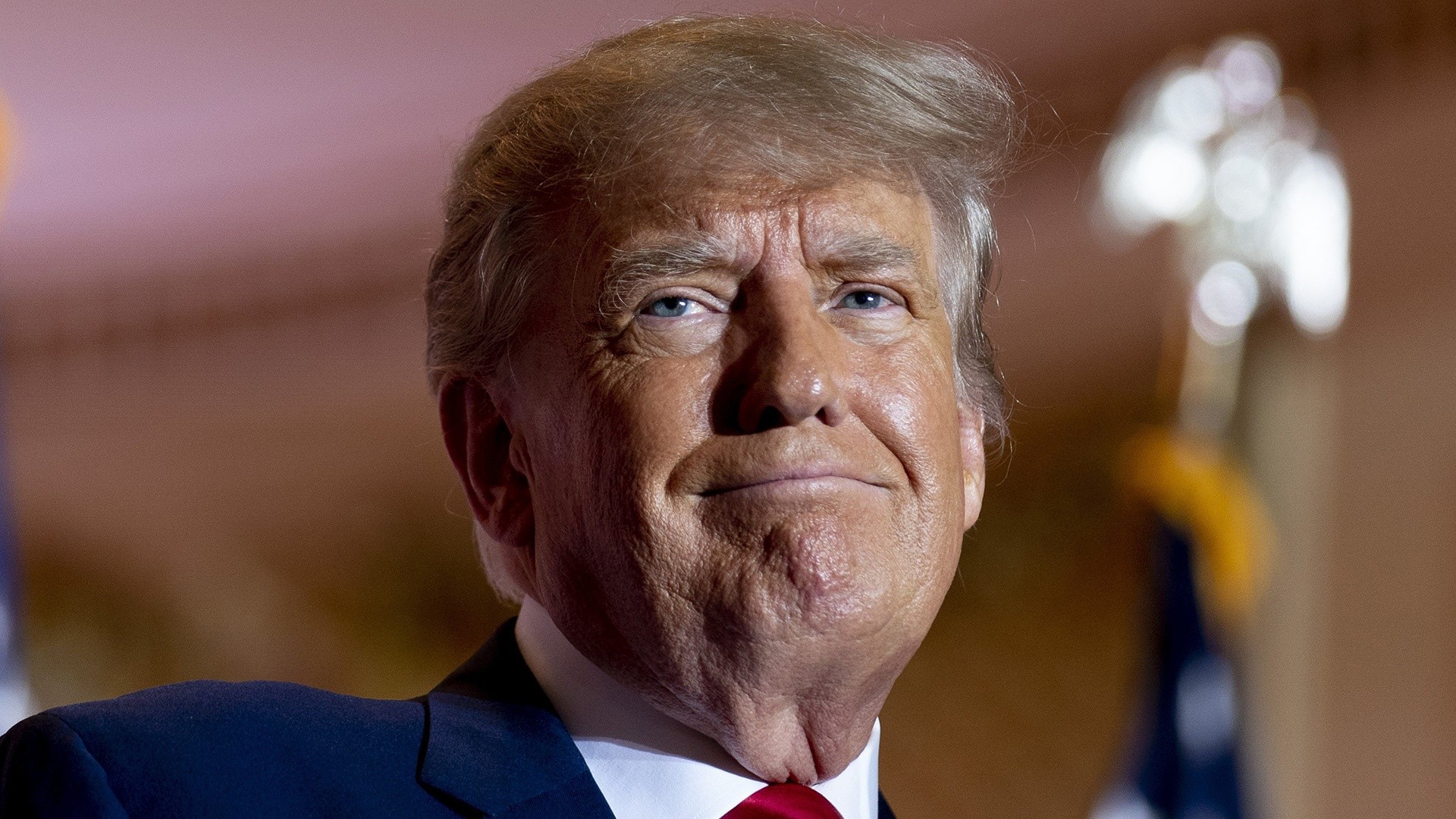
A US appeals court has ended a “special master” review of documents seized from Donald Trump’s Mar-a-Lago estate.
The ruling is a win for the US Department of Justice, which is probing if Mr Trump took classified documents with him when he left the White House.
The “special master” is an independent lawyer who decides if any of the records are covered under attorney-client or executive privilege.
Investigators can now review the documents in full.
The ruling was made on Thursday by a three-judge panel in the Atlanta-based 11th Circuit US Courts of Appeal, after the Department of Justice challenged a September decision that granted Mr Trump’s request for the special master review.
In its ruling, the appeals court wrote that there was no “judiciary license to interfere in an ongoing investigation”.
“The law is clear. We cannot write a rule that allows any subject of a search warrant to block government investigations after the execution of the warrant. Nor can we write a rule that allows only former presidents to do so,” the court wrote.
A special master review would have delayed the Department of Justice’s inquiry into Mr Trump’s handling of classified documents, as the government was banned from reviewing or using the materials until it was complete.
Raymond Dearie, a 78-year-old New York judge who was first nominated by Republican President Ronald Reagan in 1986, was assigned as the special master with his case.
It is unclear if Mr Trump and his lawyers will appeal against Thursday’s ruling.
Mr Trump is being investigated for allegedly taking national classified documents with him to his private Florida home in Mar-a-Lago after he left the White House.
The authorities say these documents should have been handed over to the National Archives – as required of US presidents upon leaving office.
The FBI seized 15 boxes of White House documents in January, which officials said contained “highly classified reports”, some of which were “intermixed with other records” and contained Mr Trump’s “handwritten notes”. They also seized another 20 boxes in August.
In total, the Department of Justice alleged that 11 sets of classified documents were taken from the White House by Mr Trump.
The former president denied any wrongdoing, and argued that he had declassified all the documents as president and that they were kept securely at his Mar-a-Lago home.
When requesting a special master, Mr Trump’s lawyers argued some of the documents are covered by attorney-client privilege – meaning they can be withheld under a US law that allows people to keep conversations with their lawyers private.
Trump records probe timeline
January 2022 – The National Archives retrieves 15 boxes of White House records from Mar-a-Lago, and says some of the documents it received at the end of Trump administration were torn up
February – Reports emerge that classified files were found in the Mar-a-Lago cache and National Archives has asked DoJ to investigate
April – US media report the FBI has begun a preliminary investigation
3 June – A senior DoJ official and three FBI agents travel to Mar-a-Lago to review items in a basement. According to Mr Trump, he told them: “Whatever you need, just let us know”
8 June – Federal investigators write to a Trump aide to ask that a stronger lock be used to secure the room storing the items. Trump says that request was quickly fulfilled
22 June – The Trump Organization receives a DoJ summons for CCTV footage from Mar-a-Lago
8 August – Dozens of agents search Mar-a-Lago, seizing more than 33 boxes, some containing top secret files, according to the warrant
12 August – Warrant released, showing that 11 sets of classified documents were taken
25 August – Judge orders justice department to release a redacted version of court papers that convinced him to authorise a search of the Trump estate
5 September – A judge grants Mr Trump’s request for a “special master” to review the documents
1 December – A US appeals court reverses the earlier special master decision, giving the DoJ full access to documents seized from Mar-a-Lago





















